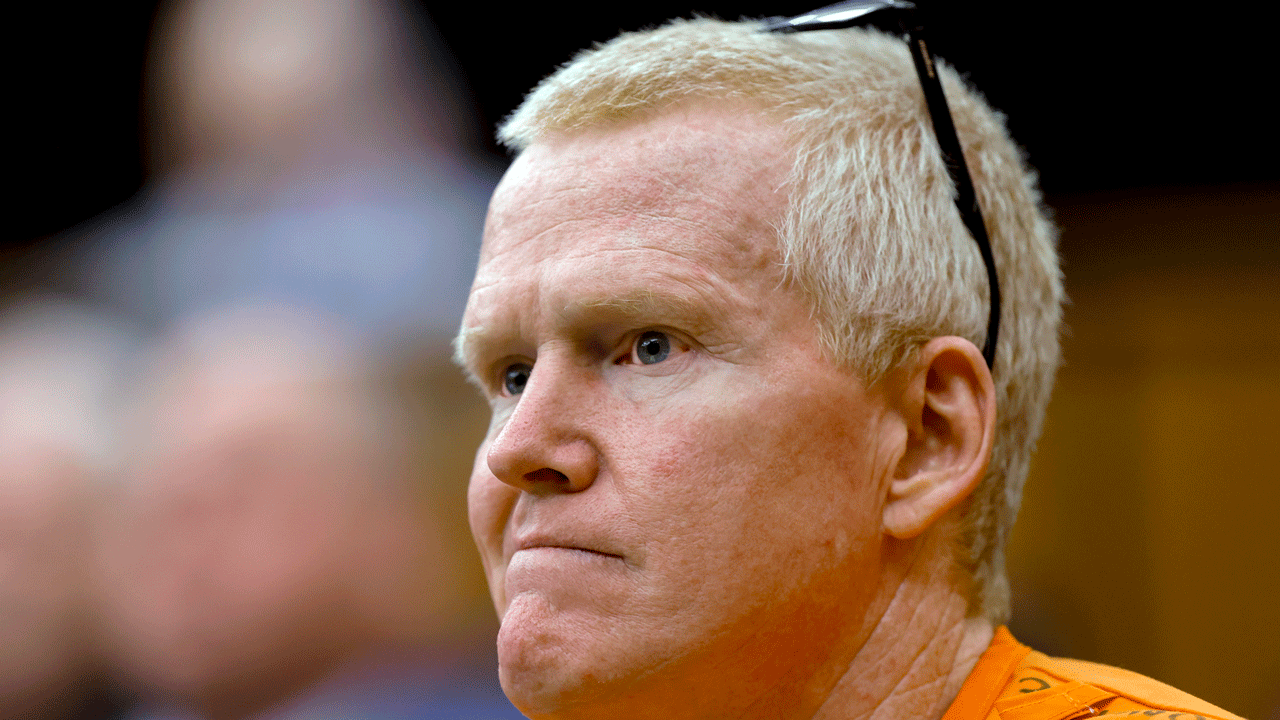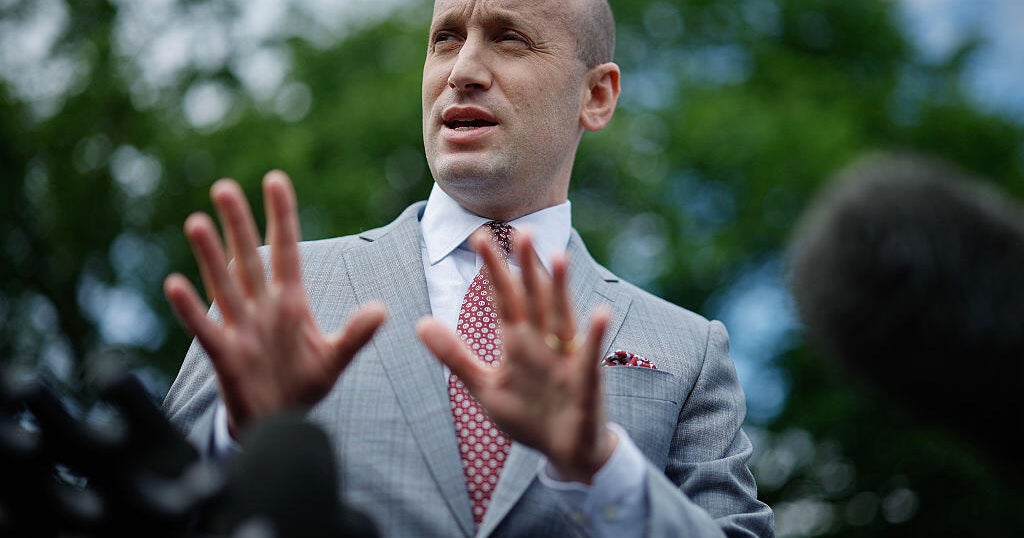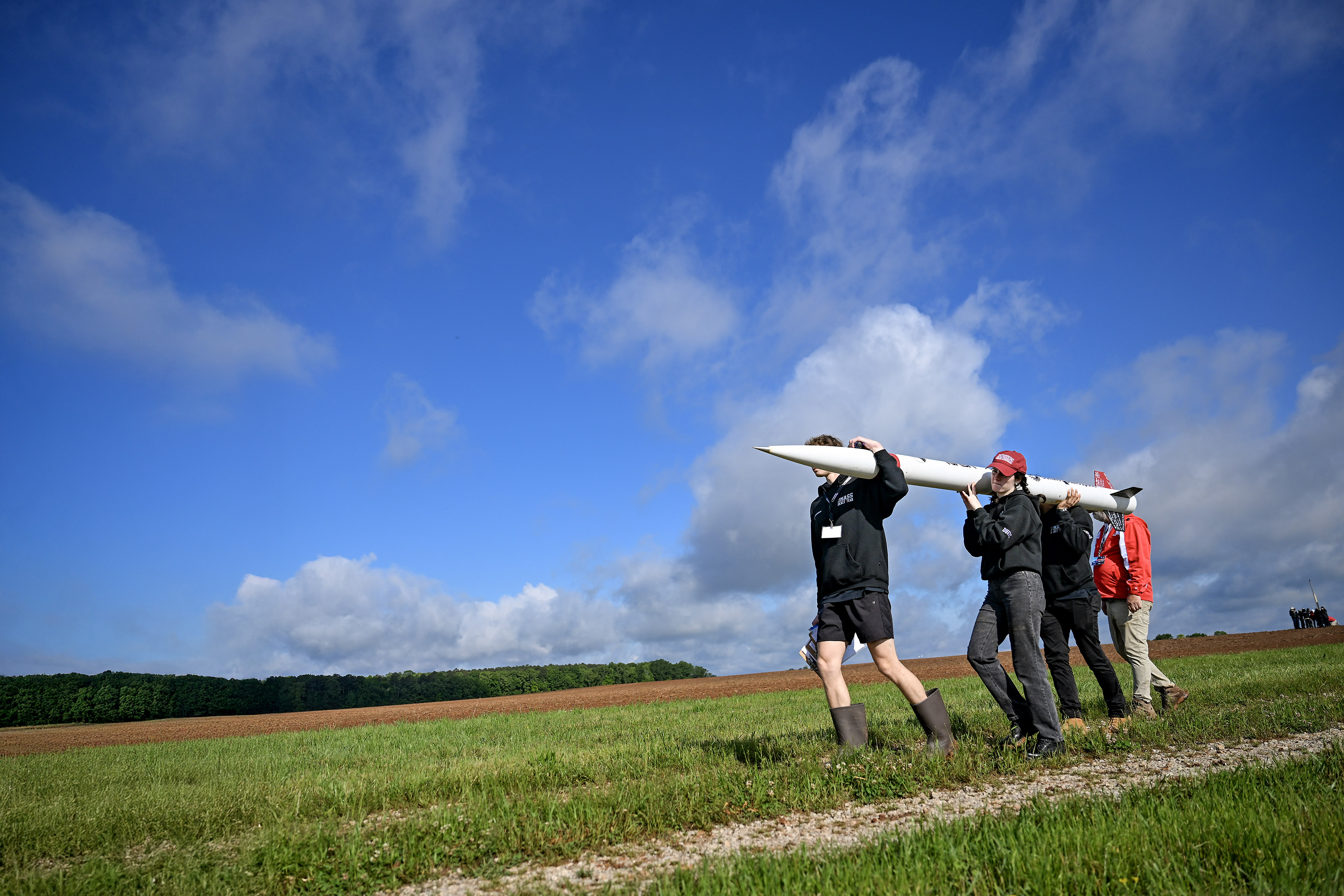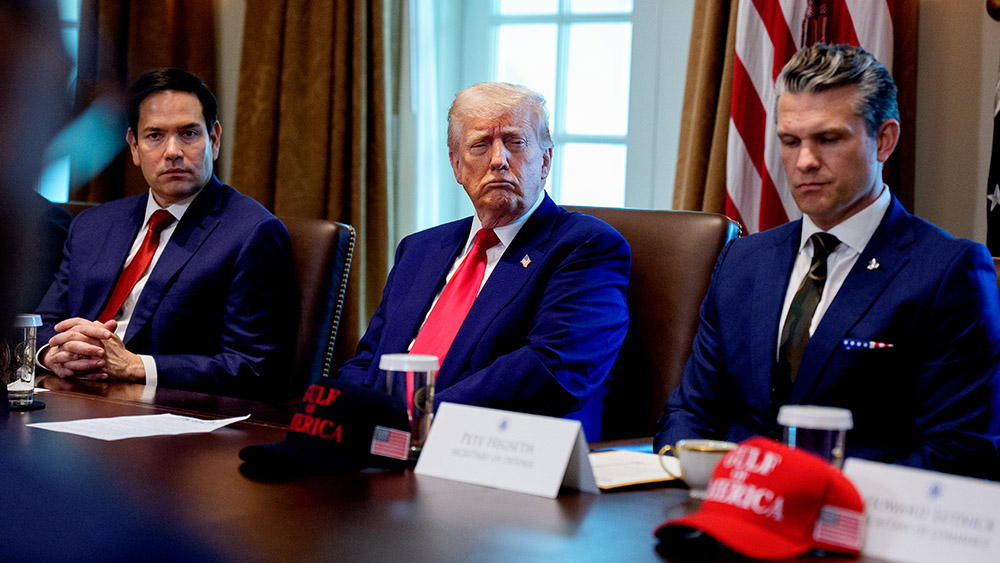Peace Corps braces for deep cuts under Trump
Peace Corps staffers are bracing for deep cuts at the agency, ones they fear will do untold damage to one of the last remaining programs promoting development and fostering goodwill abroad. Employees at the agency have been told to expect “significant restructuring efforts” as Department of Government Efficiency (DOGE) staffers begin to assess the agency....

Peace Corps staffers are bracing for deep cuts at the agency, ones they fear will do untold damage to one of the last remaining programs promoting development and fostering goodwill abroad.
Employees at the agency have been told to expect “significant restructuring efforts” as Department of Government Efficiency (DOGE) staffers begin to assess the agency. They have been offered a second chance at a government buyout as the nearly 800-person headquarters staff faces cuts ranging from 50 percent to 80 percent across various departments.
And outside of Washington, the Peace Corps may cut 25 percent of the fewer than 200 staff members working in the 60 countries across the globe where it operates — potentially forcing some posts to shutter altogether.
Boosters of the 65-year-old agency say it could falter under such deep cuts, undercutting its main mission: supporting the work and well-being of its more than 3,000 volunteers abroad. Some suggested that’s the goal.
“They're very, very significant staff cuts and could be so much that it cripples the organization and makes it impossible for it to operate. Which would then put them in a position to come back and say, ‘See, we told you it didn't work, so we're just going to do away with everything,’” said Rep. John Garamendi (D-Calif.), the lone returned Peace Corps volunteer in Congress.
Billed “the toughest job you’ll ever love,” the Peace Corps stations volunteers in remote and impoverished sites, paying them a small stipend to live at an equivalent level to locals as they teach in schools, work to improve health, stem disease, promote local business, and enhance farming practices.
“The Peace Corps volunteer is the person that's on the final mile of the road,” said Jonathan Pearson, advocacy director for the National Peace Corps Association.
“Peace Corps is simply put, just America at its finest.”
The cuts are part of a broader administrative effort to slash federal spending across programs, both domestic and international. And they mesh with President Trump's campaign promise to shift American resources away from foreign initiatives to focus instead on problems at home.
Supporters of Trump's "America First" approach say it's simply a matter of prioritizing the direction of limited tax dollars. With a roughly $430 million appropriation, the Peace Corps is a fraction of a percentage of the total budget.
The trend is raising concerns about the erosion of American influence around the globe in the face of rising threats from Beijing, Moscow and Tehran. That influence, for decades, has been manifested not only in military might, but also through "soft power" initiatives.
Rep. Joaquin Castro (D-Texas), who has former Peace Corps volunteers on his staff, said the move threatens to diminish America’s reputation abroad.
“For decades, the Peace Corps has been one of the most endearing things to nations around the world. These are our ambassadors who literally go out and do good will projects in other countries with the people of those nations. And if you ask people around the world, one of the things they always talk about is how much they appreciate the work of the Peace Corps,” Castro told The Hill.
“And so to dramatically cut the Peace Corps is just another example of how the Trump administration is damaging America's reputation around the world and hurting our earnest efforts to build stronger relationships with countries.”
Allison Greene, elevated by the Trump administration from within Peace Corps ranks to serve as interim CEO, sought to put volunteers at ease, sending a note last month to those in service that despite the arrival of DOGE, “Peace Corps will remain operational.”
“We will continue to recruit, place, train, and support volunteer health, safety and security, and effective service,” she wrote, citing the “positive and lasting impact” of volunteers.
While the note helped quell some fears, much is still in doubt about the future of the agency.
“Applicants and invitees are on edge,” said Maricarmen Smith-Martinez, a former volunteer who served in Costa Rica.
“There is a fear that applicants will pull back their applications. You don't want to be going into a program if you think that the government is going to abandon it. Volunteers in country are understandably nervous. They're very anxious about what will happen with them, with their service, with their post employees,” she said.
“The uncertainty for incoming volunteers — it could be enough to deter people from applying or from accepting.”
In a statement to The Hill, the Peace Corps said it was “working to identify additional efficiencies in our staffing structure” after the arrival of DOGE last month.
“The Peace Corps intends to make these changes in line with the agency’s statutory obligations,” it said.
Proposed cuts would drop by 70 percent the team that houses the agency’s recruiters and placement officers — those responsible both for outreach to potential applicants as well as those who review applications and help place volunteers across the world.
“A lot of decisions need to be made about the skill sets of the volunteers, where there's a good fit for them, what part of the world are they interested in serving in, or where there's a need, considering health issues and making sure that there's a good placement. So those are the kind of things you're right that go into the overall process, from application to acceptance to placement,” said Pearson of the National Peace Corps Association.
The steepest proposed cuts would result from combining the agency’s Office of Health and HIV, which was funded through broader U.S. government efforts to battle the disease, with its department focused on training — combining the two and slashing staff by 80 percent.
Beyond the impacts to the program itself, critics see it as further dismantling of America’s soft power apparatus — programs that not only improve conditions in counties across the globe but also help increase American sway.
“Especially with everything else that's been cut, it's kind of one of the last development agencies, and also kind of one of the last soft power types of moves that we have left,” Smith-Martinez said, noting recent cuts at the U.S. Institute for Peace and the U.S. Agency for International Development (USAID).
“Peace Corps is both diplomacy and development. It is creating goodwill in areas the U.S. would not otherwise reach, and it is supporting those areas with this development approach. But I find that grassroots diplomacy part of a Peace Corps to be a key.”
Castro said the Trump administration and the GOP are also sending mixed messages, complaining about Chinese influence while gutting the U.S. equivalents.
“Around here you get contradictory, hypocritical actions. On the one hand, this aggressiveness towards China and very heated rhetoric about not letting China advance diplomatically or convince other countries to become authoritarian. Well, the way you counter that is by showing a different path, a democratic path. And the Peace Corps is part of that,” he said.
“These are people, Americans, who volunteered to go over and help people of other nations in projects of goodwill, and the Trump administration is saying ‘That's not valuable to us as Americans. We shouldn't care about that.’ I don't know how much more you can hurt yourself in the eyes of the world with this and other things that are going on.”
The cuts come as Peace Corps itself has been recovering from the impacts of COVID. The pandemic forced the agency to recall all volunteers — disrupting the service for some 7,000 volunteers.
“Based on the potential cuts that are coming, it's really heartbreaking and potentially devastating and crippling to the agency to be able to reach its full potential. We have been in a situation where Peace Corps has rebounded from COVID and volunteers are back in the field in as many countries as they were prior to COVID, but still at about 50 percent of where the numbers were pre-COVID,” Pearson said.
Garamendi credits the Peace Corps’s call to service under former President John F. Kennedy with putting him on the path to Congress. He served alongside his wife Patti in Ethiopia. They returned to the area decades later to bring computers and enable internet access.
Rather than cuts, he’s pushing for increased funding in order to expand the total number of volunteers.
“We should have 7,000 volunteers. If we have 3,000 then let's build it back up to the soft power, the other functions that the Peace Corps does, that turn out to be far more important than a new ballistic missile,” he said.
Garamendi called trying to figure out the logic behind the cuts a “fool’s errand,” saying the administration seems determined to blindly cut staff without much analysis of the impacts.
“The support that is necessary for those volunteers to function safely wherever they are around the world was an afterthought, because it appears as though they've come to the conclusion that there's too much staff, too many federal employees.”
Mike Lillis contributed reporting.













































































